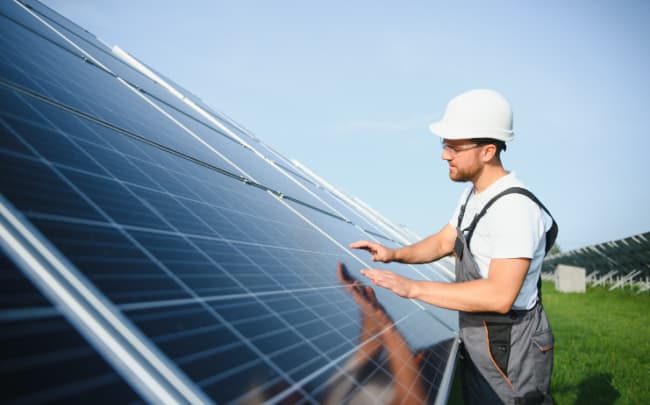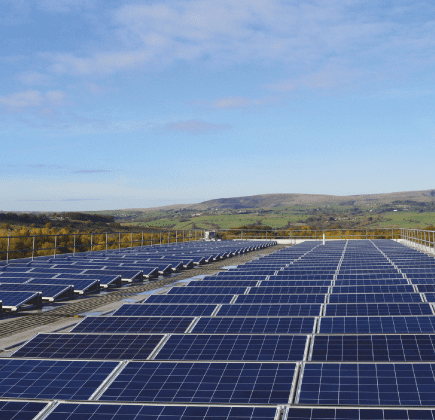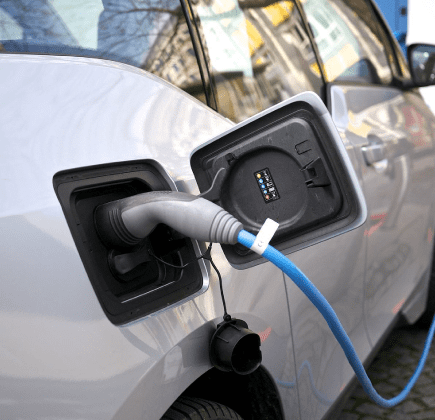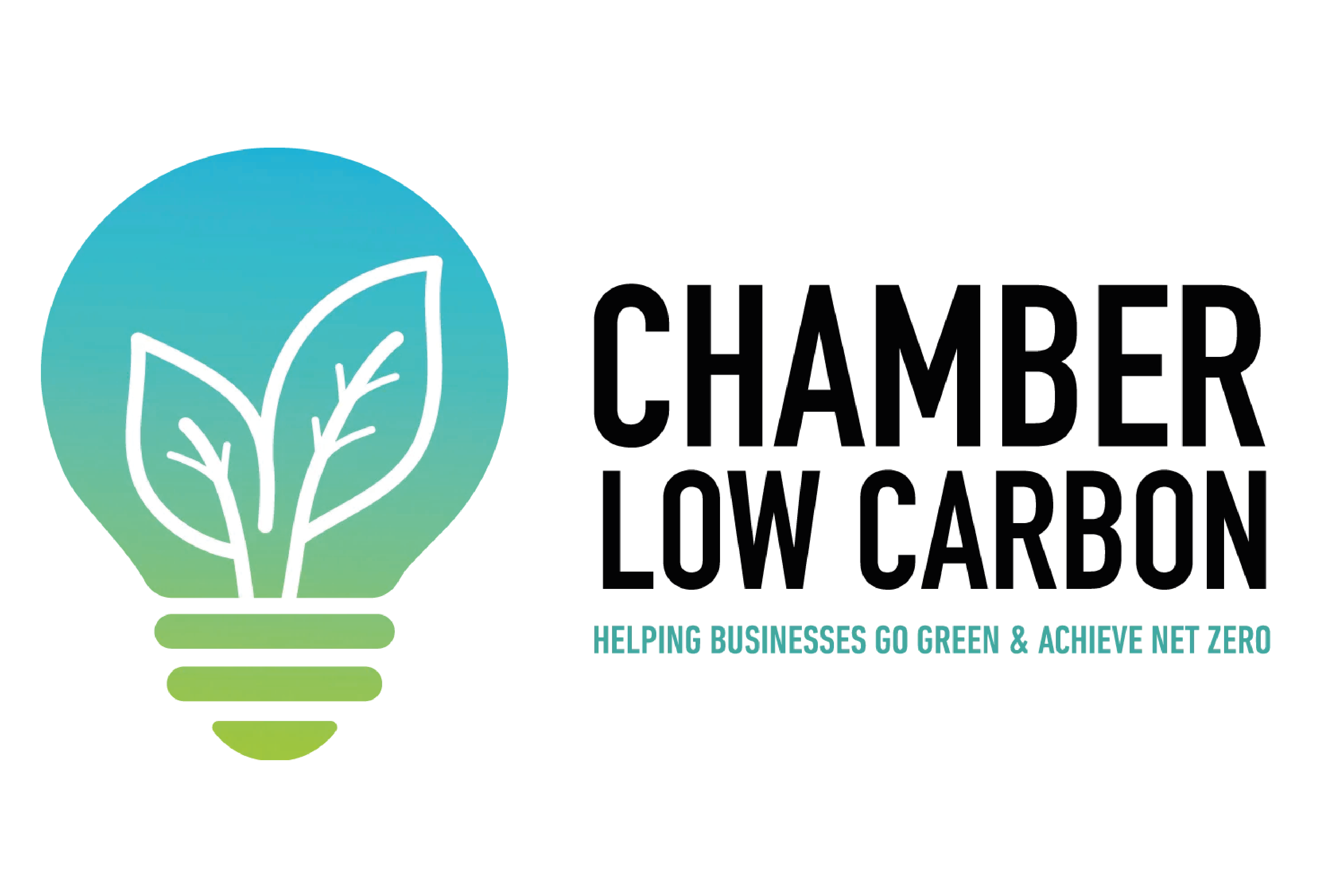
Does the UK still have time to mend its reputation on climate?
The United Kingdom has a long history of being a climate leader, and historically our climate ambitions and achievements have regularly been ranked amongst some of the highest in the world – which is especially impressive considering we’re often up against the figurative (and literal) giants of countries like China and the United States.
In recent years though, this reputation has suffered a bit of a knock – in no small part due to mixed messages from the incumbent government, who are still prioritising support for fossil fuels over renewable alternatives such as commercial solar panels. So can this reputation still be repaired – and why does it matter?

Where does the UK’s current climate reputation stand?
For the past few decades, the UK’s reputation on climate has undeniably been a strong one; we’re still a world leader in offshore wind power for example. However, over the past few years, that reputation has been slipping. We remain far behind where we need to be in achieving Net Zero, and a review last year from the government’s climate tsar, Chris Skidmore, was fairly damning.
Similarly strong criticism has come from Lord Deben, the outgoing chair of the Climate Change, who pointed out that the progress towards Net Zero was being severely hampered by the government’s continuing support for the fossil fuel industry, especially by granting hundreds of new oil and gas licences for drilling in the North Sea.
Our presence at COP27 (2022) was beset by controversy too, with Prime Minister Rishi Sunak first announcing that he was too busy to go, and then promptly bowing under the ensuing outcry and ultimately attending. Showing up apparently under duress to the world’s biggest climate conference is not a good look, especially as a world leader in climate, so it’s no wonder that other countries have started to have their view affected by the UK. In the words of Belize’s ambassador to the UN, it looked rather like the UK had “washed its hands of leadership”.
We were fairly instrumental in pushing for the (ultimately successful) climate agreements at COP28, but then the environment minister left the talks at a critical late stage to fly back to the UK to vote on the Rwanda immigration bill, which can generously be described as controversial. So that didn’t do much for our standing either. No wonder that Sylvie Russell, a prominent figure in the cleantech community, has described the government as having “a worrying degree of ambivalence”.
Investing in cleantech is a new opportunity – but will ministers seize the day?
Now, while there is a lot of (justified) criticism of the UK’s position on climate, it’s worth noting that a significant proportion is specifically focused on the government and its policies. The market itself, on the other hand, is thriving. The UK is still noted for its thriving innovation scene – it’s home to more than 5200 climate technology pioneers, and according to a report by Tech Nation, it was one of the top names for hosting climate tech startups and scale-ups in 2022.
However, while those are encouraging signs, the UK needs to rely on more than just market forces if it’s going to maintain its position as a global climate leader. It needs direct support from the government. Industry observers have noted that the UK has no equivalent of the American Inflation Reduction Act. Widely believed to be the most significant piece of climate legislation in American history, in the period of just 12 short months, the bill stimulated about $278 billion. That created over 170,000 jobs, and propelling the US a significant step further towards the achievement of its climate goals.
There are now growing calls for the UK government to draw up something similar. Now, it’s no trivial task – the government needs to invest something like £33 billion in cleantech over the next decade to spend the GDP of the US Inflation Reduction Act, according to campaign group Cleantech for UK.
It’s easy to see why that will make politicians nervous – but in an echo of the same universal principles that generally apply to climate action, we need short-term pain for long-term benefit. It’s mainly a matter of political will. All too often though, that tends to be the biggest sticking point. And with a general election almost certainly on the cards this year, the political landscape could look very different in just a few short months.
Of course, one things that ministers would do well to bear in mind is that it’s an issue of growing importance to countless voters, and the general public at large – including your customers. So if you’ve not considered transforming your own business energy supply, 2024 is a great time to think about doing it. And that’s exactly where we can help here at Low Carbon Energy.
Our experts have over 60 years of combined experience in commercial solar, having helped SMEs and large corporations across a wide variety of sectors transform their business’ energy supply.
Each of our installations is bespoke, tailoring your solution on your specific energy profile, helping us to maximise carbon reductions and saving you thousands in energy bills. Feel free to look at our case studies for just a few examples of businesses which have reaped huge rewards from solar, such as Board24 and Haven Power. To find out how we can help you, feel free to give us a call today on 01282 421 489!
 Energy Technology
Energy Technology

Powering your present. Preserving your future.
Call us on 01282 421 489

strategy be a priority?










